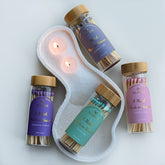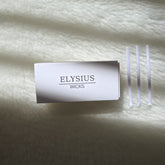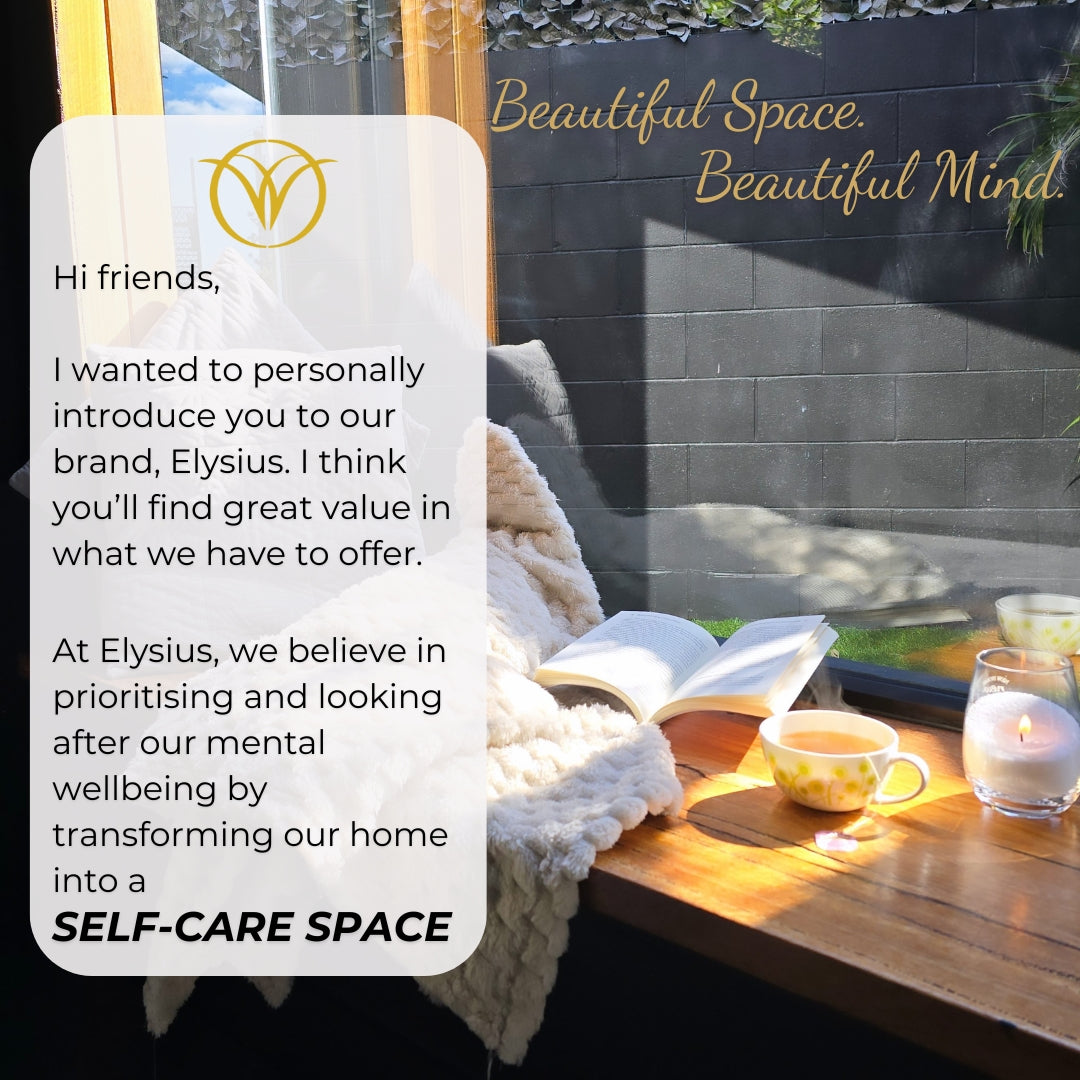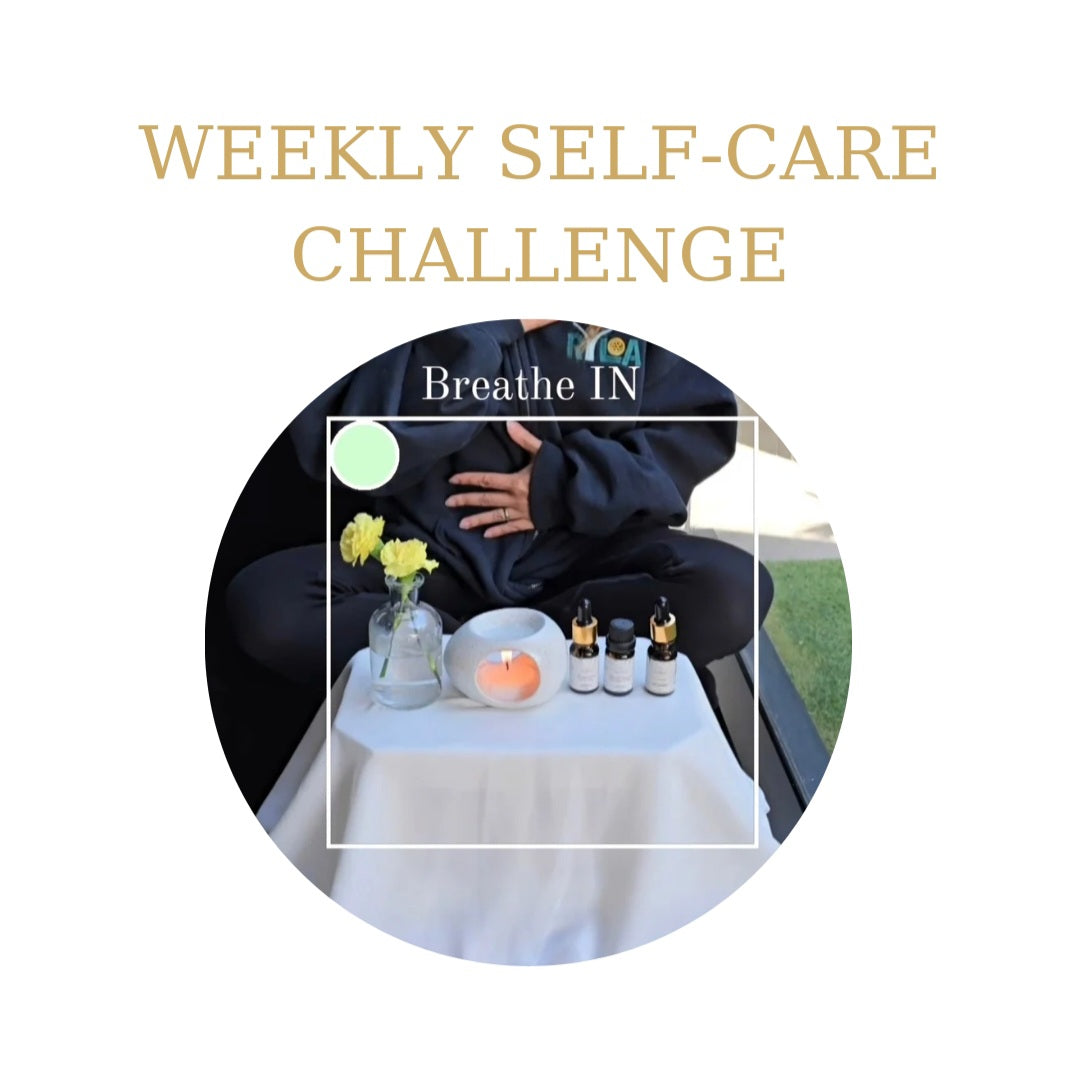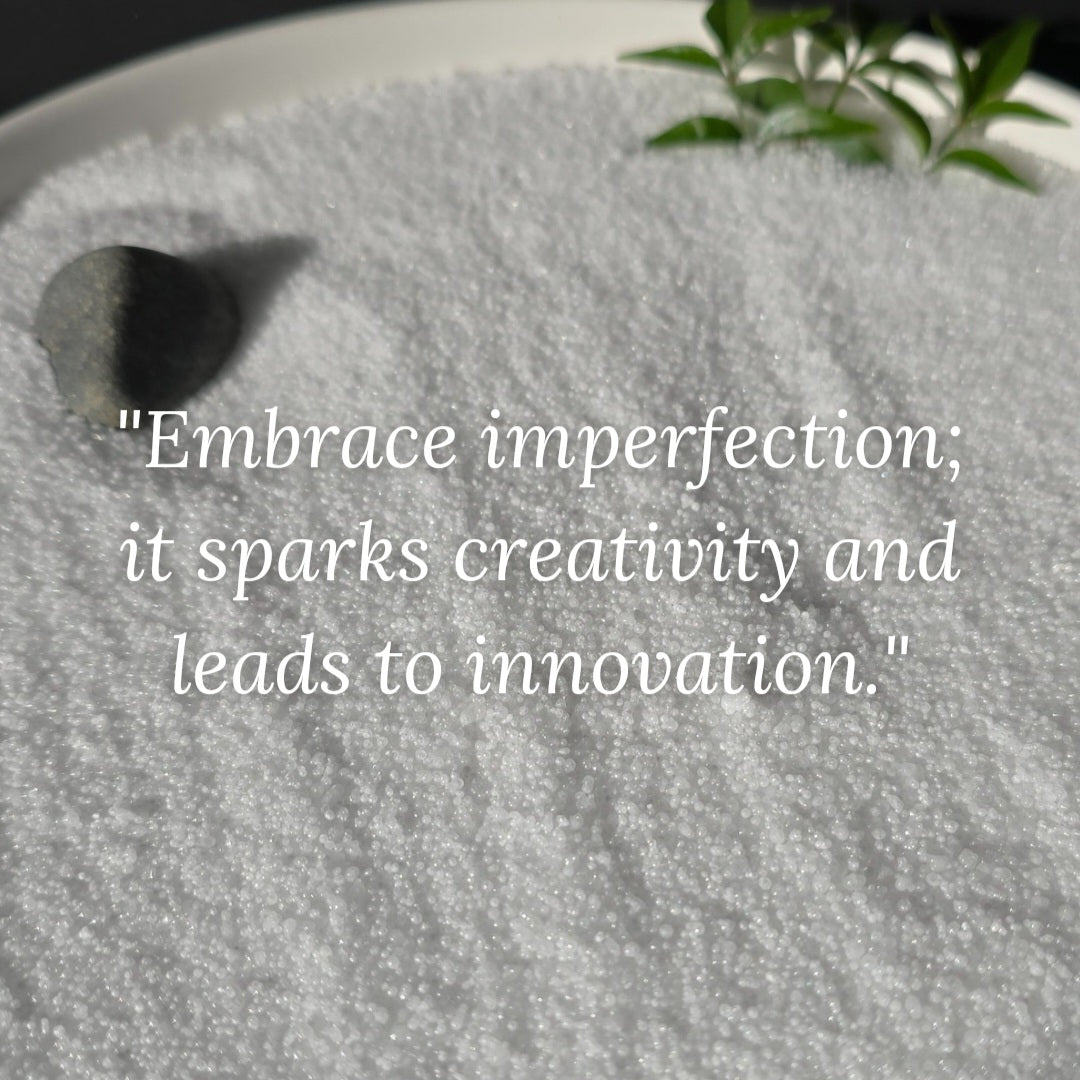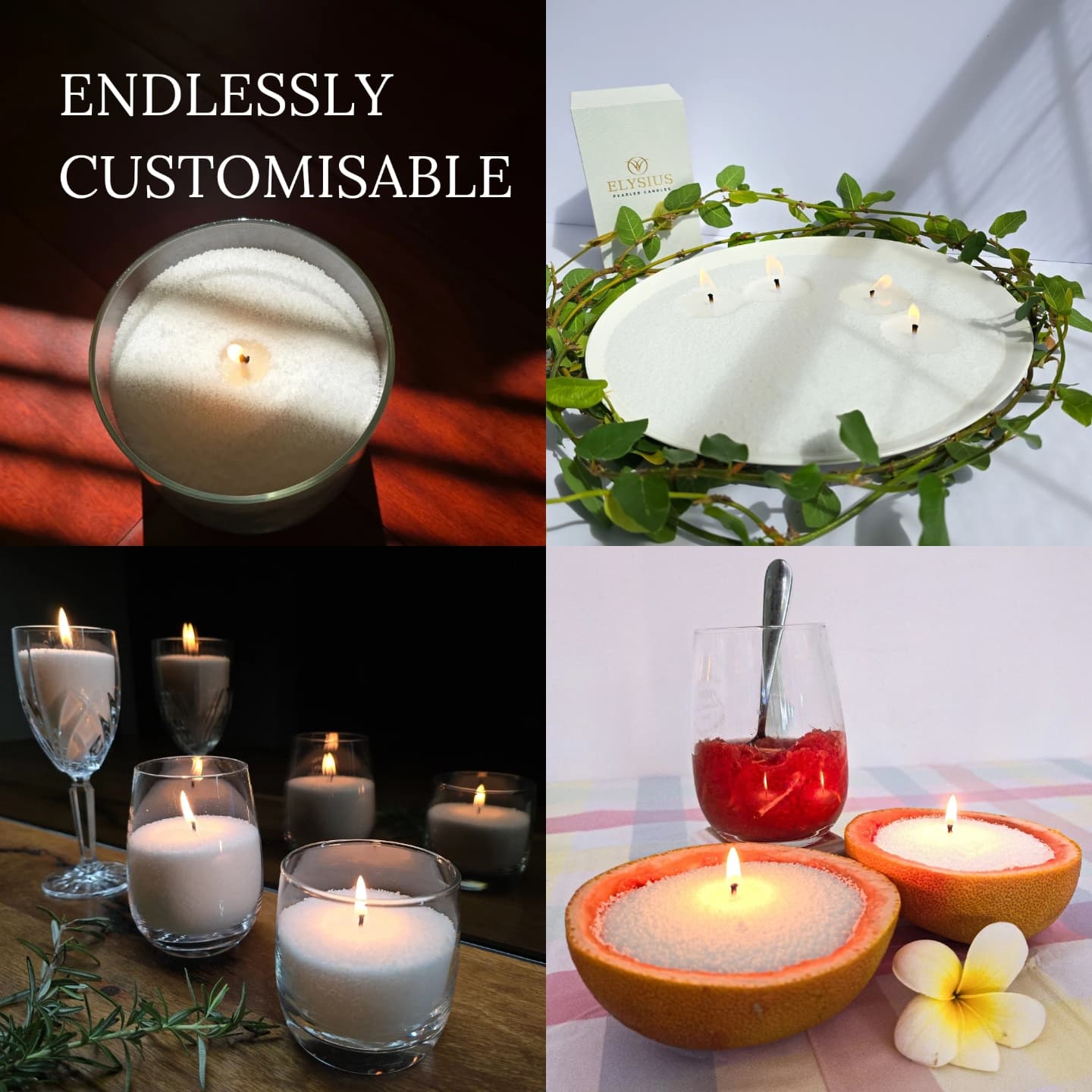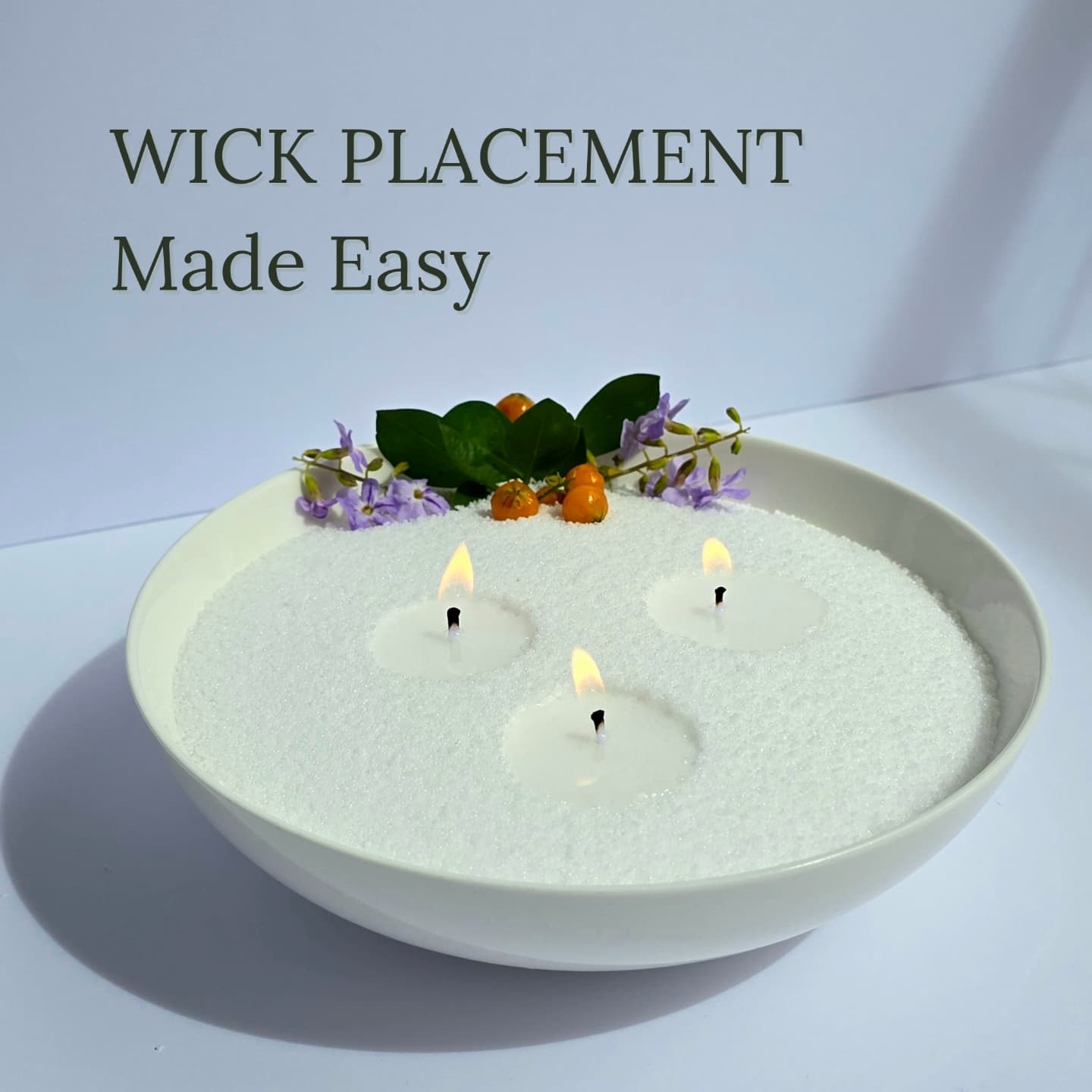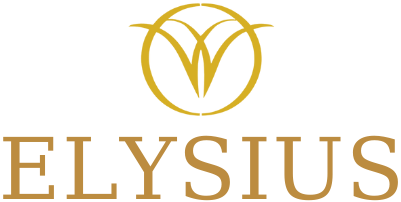Feng Shui Your Space: How To Use Feng Shui Principles To Transform Your Home Into A Sanctuary Of Mental Wellbeing
Feng Shui and Wellbeing
The ancient Chinese art of Feng Shui is a philosophy that emphasizes living in harmony with the natural world. It teaches us how the arrangement of space and the flow of energy (or chi) around us can influence our mental health and wellbeing, inner peace, and happiness. By following its principles on de-cluttering, organizing and balancing the five elements, we can create selfcare spaces that encourage a flow of positive energy that reduces stress and foster positivity, clarity, and peace.
De-cluttering with Intention
Feng Shui views clutter as stagnant energy that impedes the flow of positive chi (energy) through our living spaces. Clutter is not just physical - it’s a mirror of our state of mind. Clutter represents a disorganized mind, unresolved emotions and unfinished tasks. By decluttering, we're not just tidying up; we're setting intentions and making room for new opportunities and positive energy. As they say, “tidy house, tidy mind”.

How to start:
Begin with Intention
Approach decluttering with a clear intention to create a serene and a positive space. This mindset shift is crucial for making decluttering a mindful and purposeful activity.
Sort and Simplify
Tackle clutter by categories—clothes, books, papers, and miscellaneous items. Take it one step at a time, concentrating on one space at a time before moving on to the next to prevent distraction.
Address clutter with mindfulness
Hold each item to determine its value and contribution to your wellbeing. Keep only what serves a purpose or brings joy, thanking and releasing the rest. Releasing items also releases their stored energies, making room for new, positive energy. This practice aligns with the Feng Shui belief in cherishing and properly utilizing what we possess.
Regular Refresh
Make decluttering a regular practice rather than a one-time event. This continuous effort keeps the energy in your space fresh and vibrant, promoting an ongoing sense of wellbeing.
How to declutter 3 spaces:
Entryway Clarity
Ensure your home’s entrance is clear and welcoming, as it’s where energy enters.
Place a beautiful mat and a plant to invite positive energy and remove shoes or coats that clutter the space.
Kitchen Harmony
The kitchen represents nourishment and abundance. Declutter your pantry and fridge to reflect this—discard expired items and group foods by type.
Use clear containers for a clean, organized look that also makes items easy to find.
Bedroom Serenity
Use under-bed storage to minimize clutter, but avoid storing work-related items or shoes, as they can bring active or dirty energy into your rest space.
Organizing with Feng Shui
Once clutter is cleared, strategically organizing your space according to Feng Shui principles can further enhance the flow of positive energy.
The Command Position

The command position is fundamental in Feng Shui, affecting how you position furniture, especially beds and desks. It dictates that these items should be placed in a way that allows you to see the door without being directly in line with it. This positioning offers a sense of security and control over your space.
Example: Like in the above photo, the bed is positioned so that you face the room and the door, and it is placed far enough that you're not in direct alignment with the doorway.
Maintain Open Pathways

Clear and open pathways in your home promote a smooth flow of chi.
Example: Keep the doors and windows unobstructed, which are considered the mouths of energy intake.
Mirrors for Expansion and Reflection

Mirrors in Feng Shui are used to expand a space, bring in more light, and reflect positive energy. However, their placement is crucial; incorrectly placed mirrors can reflect negative energy or create energy confusion.
Example: Placing a mirror in your dining area can symbolically double your wealth (reflecting the abundance of food). However, avoid placing mirrors directly opposite doors or beds, as they can push energy away or create restlessness.
Creating a Balanced Workspace

A balanced workspace can enhance productivity and reduce stress. This involves not just physical organization but also incorporating elements that promote a flow of creative and positive energy.
Example: To create a balanced and productive workspace, ensure that your desk faces the door (command position) and is clutter-free. Use organizational tools that are both functional and aesthetically pleasing. Incorporate a plant to bring in the wood element for growth, and use natural light or a high-quality desk lamp to mimic the fire element, enhancing energy and focus.
The 5 Elements for Mental Wellbeing
Feng Shui emphasizes the balance of the five elements (wood, fire, earth, metal, and water) to create a harmonious environment which can influence your emotional responses and energy levels. Here's how to include them:
- Wood for Growth and Vitality: Incorporate plants or wooden elements to promote growth, vitality, and creativity. Plants not only enhance the visual appeal of a space but also improve air quality, contributing to physical and mental health.
- Fire for Passion and Energy: Use candles, especially in warm tones, to introduce the fire element, enhancing energy, passion, and transformation. The gentle flicker of a candle flame can also aid in meditation and relaxation.
- Earth for Stability and Nurturance: Earth elements, such as crystals, stones, and ceramics, contribute to a sense of stability and nurturance. Their grounding energy can help reduce stress and enhance focus.
- Metal for Clarity and Precision: Metal accents, through decorative items (metal lamp) or furniture, bring clarity, precision, and efficiency. They can also add a modern aesthetic to your space.
- Water for Wisdom and Serenity: Mirrors, fountains, or images of water introduce the water element, promoting serenity, flow of ideas, and introspection.
By thoughtfully decluttering and organizing our spaces and incorporating elements that align with Feng Shui principles, we can create beautiful spaces that profoundly impact our mental wellbeing. It’s about creating a sanctuary that is not only aesthetic but feels deeply nourishing to the mind and soul.
